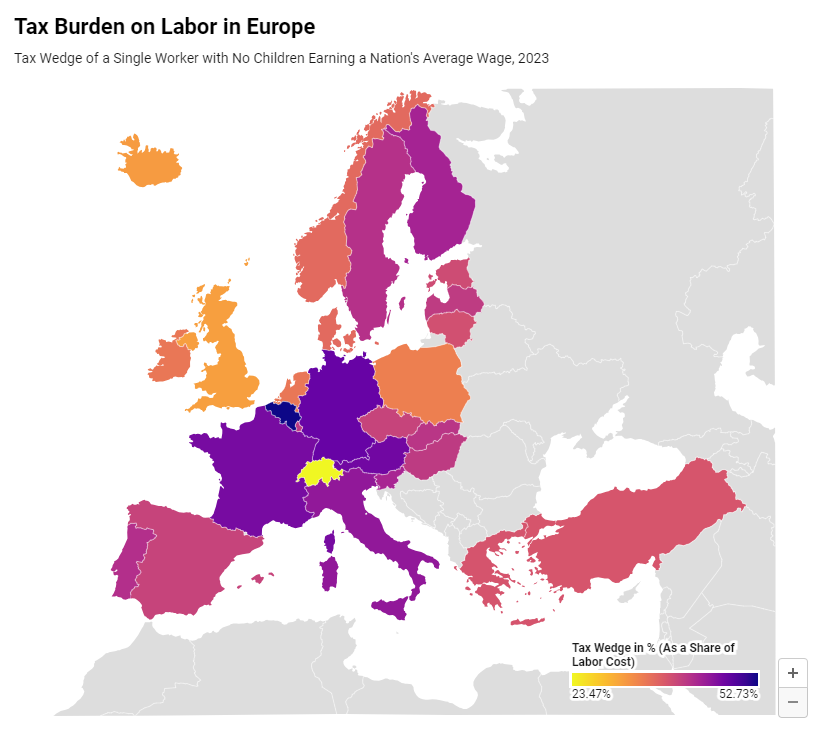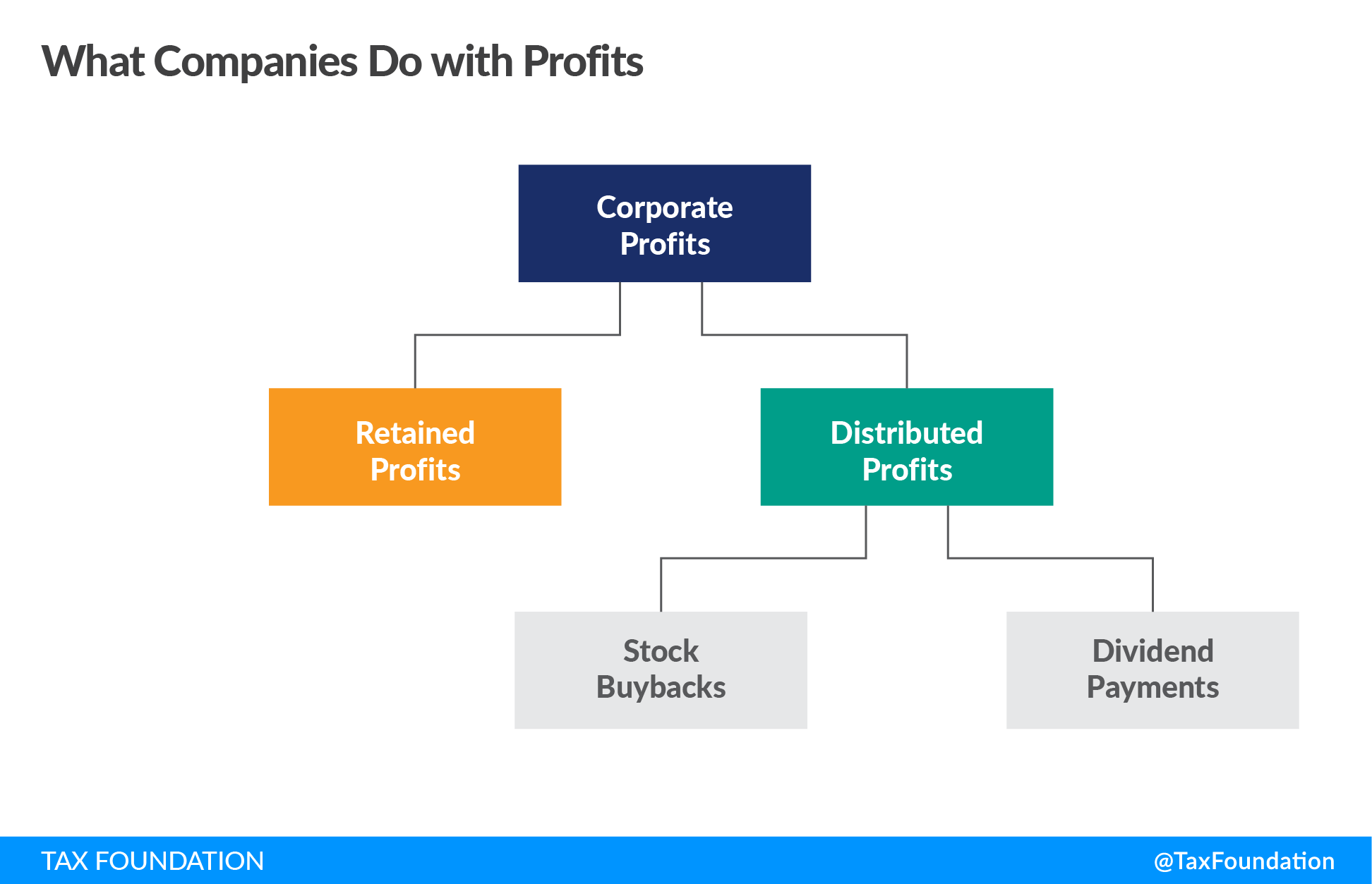Making TCJA’s Individual Income Tax Permanent Could Cost $3.5 Trillion
CBO revises the cost of extending various TCJA tax provisions. In its latest analysis released this week, the Congressional Budget Office estimated the total cost of extending the individual income tax portions of the Tax Cuts and Jobs Act to $3.5 trillion over ten years, from 2024 through 2033. Most of the TCJA’s individual income tax provisions will expire at the end of 2025. Expiring provisions include lower income tax rates, limits to certain tax deductions, the size and refundability of the child tax credit, the 20 percent deduction for pass-through businesses, and the income levels at which the alternative minimum tax takes effect.
Tune in today at noon for TPC’s Prescription with Shai Akabas. The Bipartisan Policy Center’s director of economic policy will talk with TPC’s Howard Gleckman about when the US could breach its debt ceiling. What could it mean for the federal budget and economy? Register and watch here.
North Carolina State Senate releases a state budget with deeper tax cuts than the House. Compared to the House proposal, the Senate’s two-year budget plan would further reduce personal income taxes and offer smaller pay raises for state workers. Both budget proposals total $29.8 billion in the fiscal year starting July 1 and $30.9 billion for the following fiscal year. The Senate proposal will see a floor vote today.
In Oregon, cannabis vendors must prove tax compliance. The Oregon Department of Revenue reported that the state was missing about $18.7 million in retail tax revenue from cannabis retailers last budget year. Democratic Gov. Tina Kotek’s announced that cannabis retailers now must prove they paid their taxes to receive business licenses.
Next Wednesday afternoon: Lessons from the 2021 Child Tax Credit expansion. After the temporary expansion of the CTC two years ago, 14 states enacted or expanded refundable tax credits, and additional states are considering similar proposals. New research is shedding light on how families used the expanded 2021 CTC, how this support affected outcomes for children, and how all these impacts varied by race, ethnicity, income, geography, and other factors. Join the Urban Institute, Berkeley Opportunity Lab and TPC for a virtual event on May 24 at 2:00 pm.
TPC incorporates intangibles into its effective tax rate models. TPC’s Thomas Brody and Thornton Matheson review the historic tax treatment of intangibles such as patents and research and development spending. In their working paper they discuss updates to the TPC effective rate tax models. They incorporated the capitalization of R&D, the research and experimentation tax credit, and the foreign-derived intangible income deduction, and show how these policies shape investment incentives for intangibles.
For the latest tax news, subscribe to the Tax Policy Center’s Daily Deduction. Sign up here to have it delivered to your inbox weekdays at 8:00 am (Mondays only when Congress is in recess). We welcome tips on new research or other news. Email Renu Zaretsky at [email protected].






